Outcomes of WTO’s MC12 are positive, but inadequate
Dr Amita Batra, Professor of Economics, Jawaharlal Nehru University, discusses the role of the WTO in context of the changing trade dynamics over the past few years, and how the organisation should be strengthened going forward.
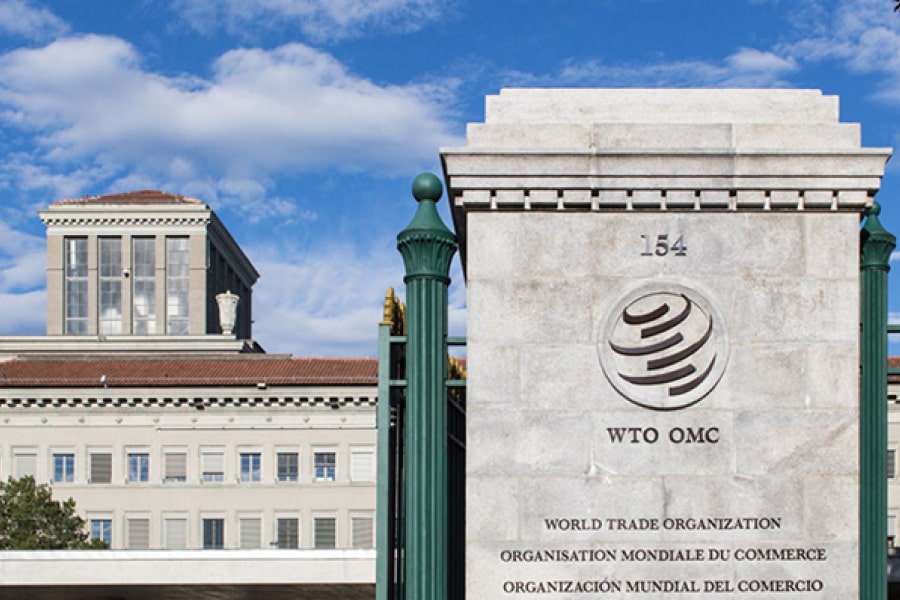
Global trade has undergone a major transformation in the past 3 years. In my view, the biggest change, in terms of both the pandemic as well as the Ukraine crisis, has been the disruption in supply chains. The pandemic has led to border closures and economic shutdowns, causing supply chain disruptions. Then the Ukraine crisis came along, which has exacerbated problems with trade routes getting blocked, sanctions being imposed, etc.
So, in terms of broad outcomes, where has the pandemic brought us? While, the crisis situation led to supply chain disruptions, thereby impacting global trade; it was also trade, that after the fall in the initial period, recovered by the third quarter of 2020-2021 . In fact, trade has been the component of the overall demand side that has actually led the recovery during the pandemic; even though, it has been an uneven recovery, with some regions and some sectors gaining more relative to other regions/sectors. Commodities that registered an increase in demand, for example, included medical equipment, food, etc.
Also, supply chain restrictions and disruptions have led to a new conceptualisation of securing supply chains, where countries want to now become more resilient. In that sense, supply chain contours are getting restructured with time. A third impact is also the tendency of countries to impose trade restrictions. There has somehow been a tendency of protectionism, whereby countries impose certain restrictions, especially export restrictions on essential items like medical goods or food or other essential commodities. So, all of this has meant that trade as a global process is undergoing change.
We have to see how global trade emerges in the coming days – more protectionism, greater fragmentation, or coming together of countries in new formulations/ trade blocs? We’ve yet to see what finally emerges out of all this, but these are the broad trends post-pandemic and as a result of the Ukraine crisis.
India has also been impacted, but to a lesser extent, as far as global value chains are concerned. This is because our participation in value chains has been limited, much less than other economies. India is transitioning towards complete domestic value chains, i.e. building trade within the country. However, I think India should still be trying to get into global and regional value chains. To achieve this, we should participate in these through tariff reductions in certain critical sectors and facilitate greater participation in FTAs across the world; more so with countries that are more integrated in global value chains.
The importance of MC12
These transformations only serve to further highlight the importance of the WTO in ensuring a global trade recovery that’s effective as well as holistic. For that reason, member countries were understandably looking towards the 12th Ministerial Conference of the WTO, which was held from June 12-17 at Geneva, with much anticipation.
The fact that we had the MC 12, and the fact that it generated some concrete outcomes, is a positive outcome as far as the WTO is concerned. It tells us that multilateralism still has some strength in it, in the sense that you can still get back to the negotiating table. However, as far as outcomes are concerned, I’m not too sure that they are in line with what/the extent to which developing countries were really seeking.
For example, India is not getting a permanent solution on public stock holding of foodgrains to protect the interests of its farmers, a concern that would be common for many developing countries. Negotiations are not reaching a conclusion and discussions have been postponed to a later date. The livelihood concern that we have, is significant and the WTO must take that into consideration.
Much more was on the table and limited aspects have been dealt with. Overall, the positive aspect is the fact that negotiations have happened and some conclusions have been reached on certain aspects. The WTO is back and negotiating issues of importance for developing economies.
Even in the case of flexibilities in vaccines, you’re getting the licencing requirements and restrictions are being removed. But under the licence agreement, provisions are very limited at this point of time. Vaccine production is not a question anymore and it’s not the supplies that are really critical at this time. The future would be in terms of TRIPS, flexibilities, sharing technology, treatments, and so on.
Much more was on the table and limited aspects have been dealt with. Overall, the positive aspect is the fact that negotiations have happened and some conclusions have been reached on certain aspects. The WTO is back and negotiating issues of importance for developing economies.
The larger picture of WTO
As far as WTO is concerned, it has not been able to progress in the last 20 years. Ever since we went into the Doha Development Agenda, the WTO started to flounder. So, this weakening of the WTO has been in the process for long. And the final nail in the coffin was the aggressive and unilateral increase in tariffs by the Trump government, which the current regime has also not done much to correct. The delays in appointment to the appellate body led to the dispute settlement mechanism not functioning. This aspect has not been addressed by the WTO yet.
The two main agenda items for WTO revival should be to look after the interests of developing countries and LDCs, and the special and differential treatment. I think the definition of developing countries is an important aspect that the WTO should focus on in the coming months and years. The second is, of course, resurrecting the dispute settlement mechanism.
If we all recall, the Dispute Settlement Body has been pivotal in the entire administrative reform that happened with the setting up of the WTO, post the Uruguay Round. Its dysfunctional status makes a huge impact on how trade is conducted across the world, whether it’s on a fair basis or not.
Need to redefine consensus?
If you look at coalitions across different rounds of the GATT and the WTO, you will find individual countries aligning wherever they find their own interests. All coalitions have not necessarily been only developed economy or only developing countries, it’s also been a combination of the two. I don’t think you have that kind of a clear cut division of countries and alliances. Those that discover similar interests proceed together.
But it is true that you don’t necessarily have consensus on all aspects, for example, public stockholding among all emerging market economies or developing countries, and there is a difference across members. This is why we’ve had difficulty in putting forward our viewpoint and getting it through. So, I think you have to be able to build consensus or draw as many countries as possible towards your own interests.
What is emerging as of now, is countries more and more aligned according to their interests as and when needed. There are no permanent allies anymore. There are of course some alliances, which are unshakable and unchangeable. But otherwise, one is looking at a scenario where more and more countries are seeking their own interests and aligned with like-minded countries.
As far as WTO decision making is concerned, this is another aspect that needs restructuring and reform, i.e., how to go about making decisions – whether it should continue to be the consensus rule, or should there be change in the decision making norms. The way forward is deciding on a process which is going to be more in the interests of developing and least developed countries.

Dr Amita Batra is Professor of Economics, Centre for South Asian Studies, School of International Studies, Jawaharlal Nehru University. Views expressed are personal.








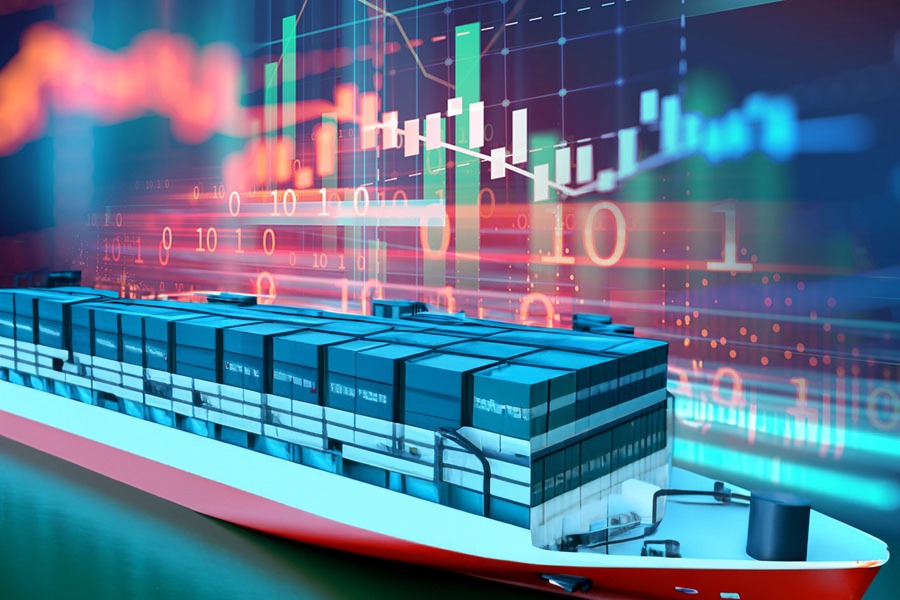
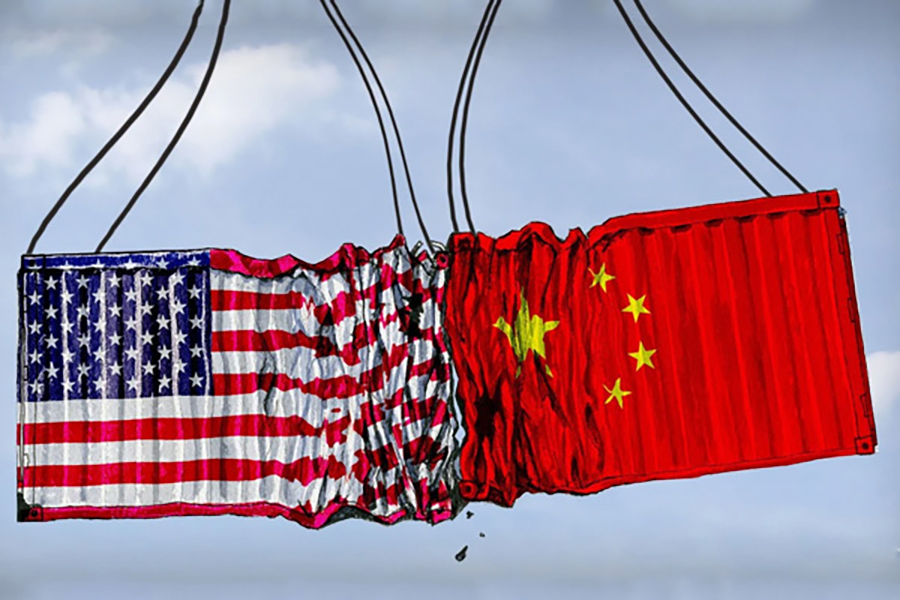
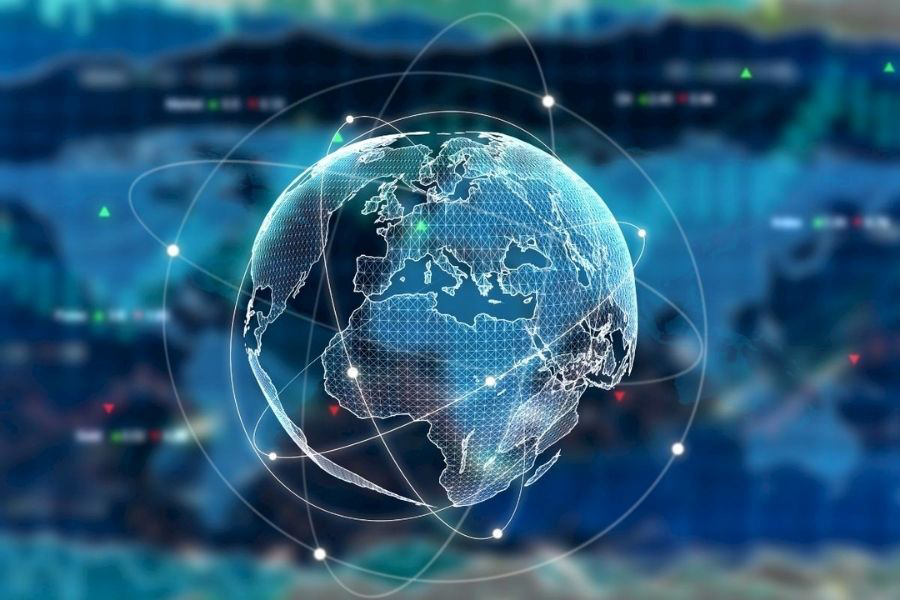
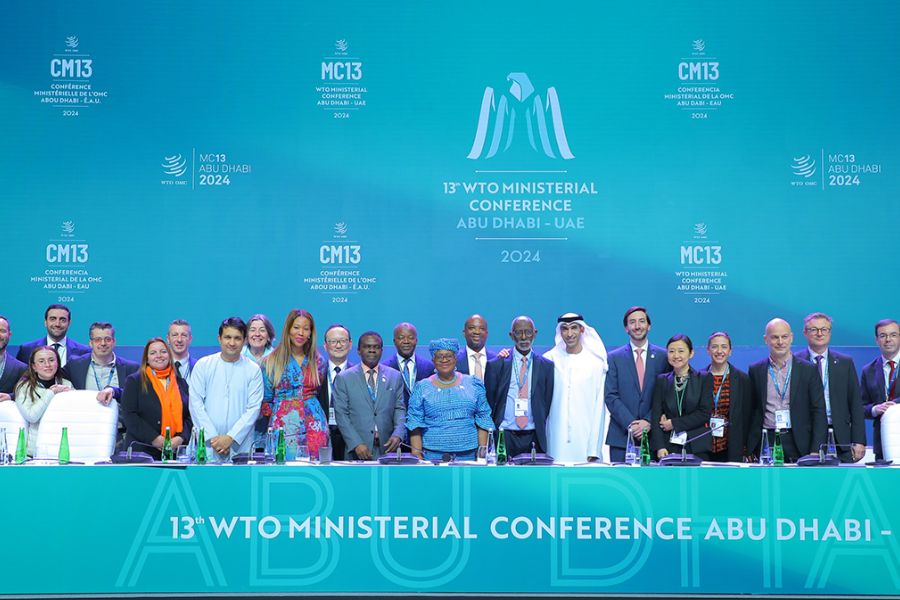

Leave a comment